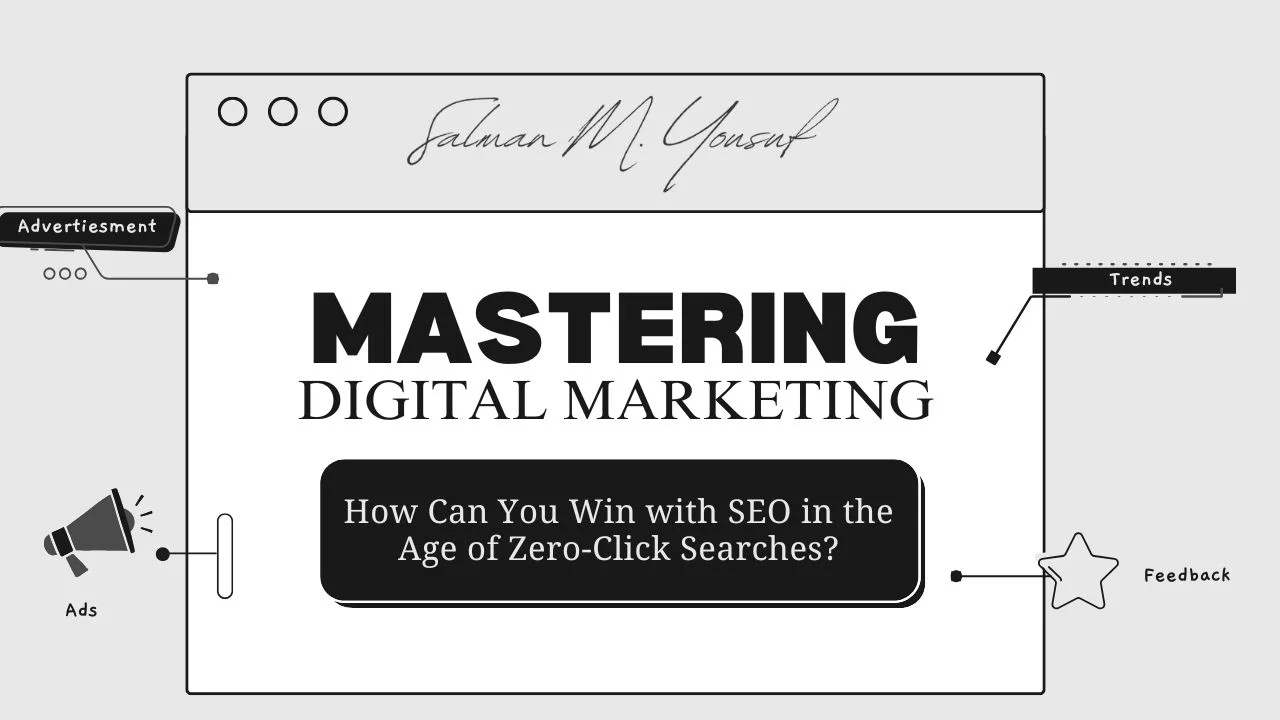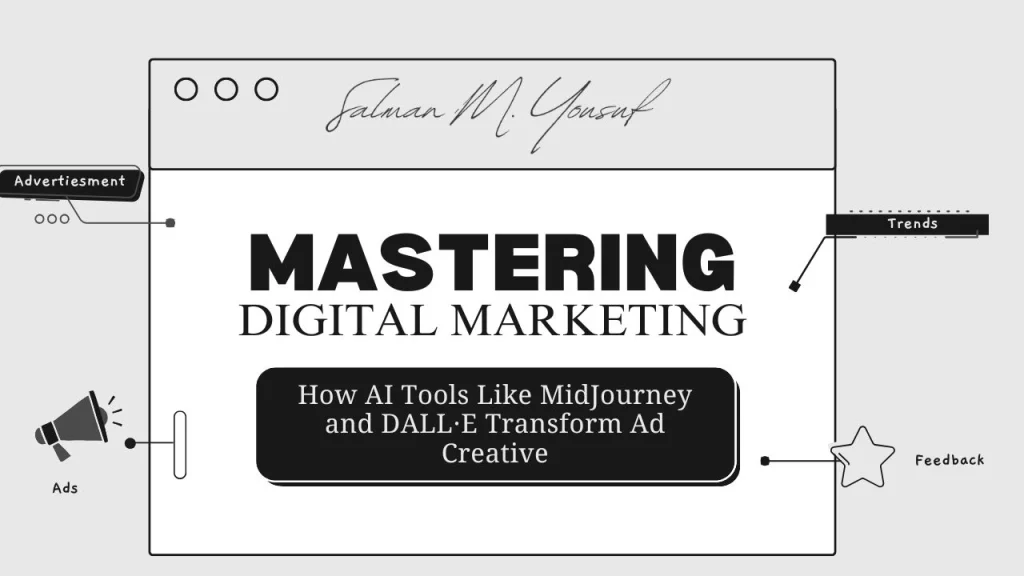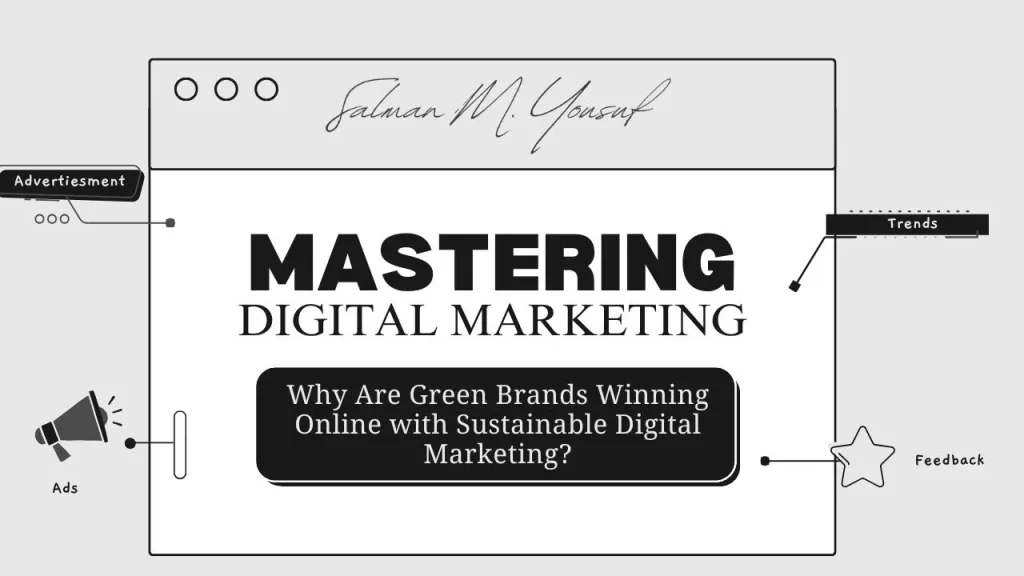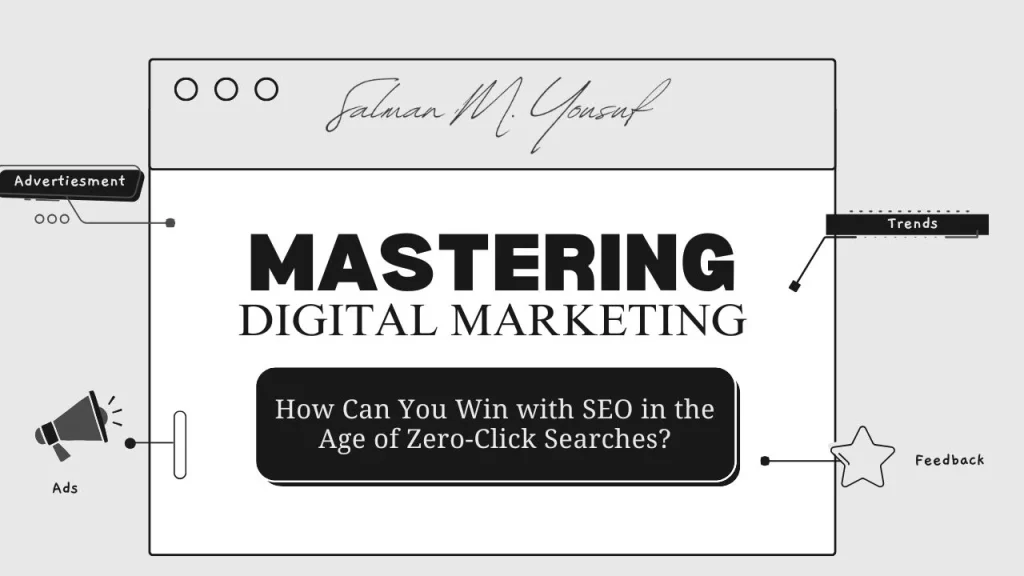This shift has a name: zero-click searches. These are searches where the user gets what they need directly on the search results page. No extra click is needed.
For businesses, this matters a lot. The rise of zero-click searches means less traffic flowing to websites. But it also creates new chances to gain visibility right where users look first — the search results page.
What are Zero-click Searches Anyway?
People no longer search and click like before. Search engines now serve direct answers at the top. This includes fast facts like the weather, sports scores, or even a quick currency conversion.

Zero-click searches make things faster for users. You don’t need to dig around. Google has turned into that friend who blurts out the answer before you finish asking.
Different Types of Zero-click Searches
Not every Zero-click Search looks the same. Here are the main formats:
- Featured Snippets – Short boxes with text pulled from a site.
- Knowledge Panels – Right-hand boxes with brand or person details.
- Direct Answers – Instant facts like dates, definitions, or numbers.
- Local Packs (Maps) – Results showing nearby stores, reviews, and directions.
Here’s a quick view of how things have changed:
| Aspect | Pre Zero-click Era | With Zero-click Searches |
| User Goal | Click through | Get instant info |
| Website Visibility | High CTR | Impression-focused |
| SEO Measurement | CTR, Visits | Visibility, Branding |
Why the Rise Of Zero-click Searches is Exploding
The growth of Zero-click Searches didn’t happen overnight. It’s tied to how people use the Internet today and how Google adapts to meet those needs. Let’s break down the main drivers.

Mobile-first Usage
Most searches now happen on phones. People want answers fast while moving. Waiting for a page to load feels slow. Zero-click searches solve this by giving instant results on the screen.
Voice Search Boom
Smart assistants like Siri and Alexa have changed searching. You ask, and they read one answer aloud. This fuels the rise of zero-click searches since voice favors short, direct replies.
Google’s Push for Retention
Google’s main goal is to keep users on its own results page. More features appear every year — maps, flights, reviews, and instant facts.
It’s not evil, it’s business. But it reshapes your SEO playbook. You can no longer rely only on traffic. You must think about brand presence, impressions, and authority right inside the results page.
The Challenges for Marketers
The rise of zero-click searches opens doors for visibility, but it also creates hurdles. Marketers must rethink how they measure success, capture attention, and prove value in this new search landscape.
Declining CTRs
Click-through rates are falling across many industries. A 2022 study showed nearly 50% of searches ended without a click. With zero-click searches, users often get what they need instantly. That leaves websites with fewer visitors.
Visibility v. Traffic Dilemma
Your brand might show in a snippet or panel. But users don’t always click through. This creates a gap. You gain exposure but not always visits. The rise of zero-click searches makes it harder to balance both.
Measuring ROI in a Zero-click World
Old metrics like CTR and visits don’t tell the full story. Marketers now need to track impressions, branding, and recall. With zero-click searches, success is more about visibility than direct clicks.
How to Actually Win in the Age of Zero-click Searches
The rise of zero-click searches may feel like a roadblock, but it’s not the end of SEO. It’s simply a shift in strategy. If clicks are fewer, you need to focus on visibility, trust, and being the name users remember — even when they don’t land on your site. Here’s how you can turn this challenge into an edge.
Own the Featured Snippets
Featured snippets are the golden box at the top of the results. If you’re inside it, users see your brand first. To get there:
- Use a Q&A style in your content.
- Break down answers with bullets or numbers.
- Add schema markup for clarity.
Think like a teacher making cheat notes — simple, clear, and direct. The easier you make answers, the more likely Google will reward you with a snippet.
Expert Tip:
Answer questions in under 50 words — that’s the sweet spot Google often pulls into snippets.
Optimize for Local Pack & Maps
If you run a local business, the Local Pack is prime real estate. To boost your odds of showing up, you need to know how to dominate local search effectively.
- Keep your Google Business Profile updated.
- Ensure NAP (name, address, phone) is consistent everywhere.
- Collect and respond to reviews.
- Add photos and post updates often.
Appearing in maps isn’t just about clicks; it’s about trust. When people see you on the map with reviews, you’re already winning.
Expert Tip:
Post photos and updates regularly on your profile, because businesses that stay active get better visibility in Maps.
Leverage Structured Data
Schema markup might sound technical, but think of it as giving Google a VIP pass to understand your content. It helps your site qualify for rich results like star ratings, FAQs, and snippets. The more context you give Google, the more visibility you can earn in zero-click searches.
Expert Tip:
Start with the FAQ schema; it’s one of the easiest to implement and often delivers quick wins.
Build Brand Visibility Beyond Clicks
Clicks matter, but brand recall matters more in this new era. Use storytelling to make your snippets memorable. A well-phrased answer can stick in someone’s head even if they never visit your site. Over time, authority builds, and your name becomes trusted in your niche.
Expert Tip:
Repurpose your best snippet-style answers into social media posts — it doubles your reach and strengthens brand recall.
Double Down on Content Depth
Shallow blogs won’t cut it anymore. Google rewards depth and detail. Instead of chasing keywords with thin articles, focus on comprehensive guides that fully answer a query. Make them engaging with formats like:
- Infographics that simplify data.
- Videos that explain step-by-step processes.
- Interactive FAQs that cover every angle.
Deep content not only wins trust but also gives you multiple ways to rank across snippets, panels, and more.
Expert Tip:
Use “People Also Ask” questions from Google as subheadings — it makes your content both comprehensive and snippet-friendly.
Think Beyond Google
Don’t trap yourself in Google-only thinking. Users also search and click elsewhere. Position your brand where attention actually flows:
- YouTube for tutorials and reviews.
- TikTok or short-form video for bite-sized content.
- LinkedIn for B2B visibility and authority.
When your content shows up in multiple spaces, you reduce reliance on Google clicks alone.
Expert Tip:
Turn long blog posts into short videos or carousels — people discover brands faster when content is spread across channels.
Creative Playbook to Thrive Despite Zero-click Searches
The rise of zero-click searches doesn’t mean SEO is dead. It means you need to adapt. Here’s how to stay visible and thrive even when clicks don’t come.
Content Styles that Win
Certain formats perform better in zero-click searches. These include list posts, how-to guides, and comparison articles. They’re easy for users to scan and easy for Google to showcase.
To craft content that wins:
- Bold headings for quick navigation.
- Clear subpoints so answers stand out.
- Conversational tone that feels human, not robotic.
Data-driven Decisions
Guesswork no longer works. Use tools like Google Search Console, Semrush, or Ahrefs. These tools help you see impressions and track keyword visibility. In a world of zero-click searches, impressions are often as valuable as clicks.
When to Embrace v. Resist Zero-click
Sometimes fighting zero-click searches is a waste. If your brand shows up in a snippet, that visibility alone builds trust. People may not click today, but they remember the name tomorrow. Choose your battles wisely. Focus on clicks where conversion matters most.
The Future of SEO in a Zero-click World
The next wave of SEO isn’t just about traffic. It’s about influence. The rise of zero-click searches shows where things are heading, and marketers need to prepare.
Will Clicks Ever Matter Again?
Clicks won’t vanish. They’ll evolve. Complex queries, purchases, and research still drive clicks. But surface-level searches, like definitions or weather, will keep shrinking in traffic. SEO pros must balance both worlds.
Where Brands Should Place Their Bets
Trust and credibility will carry more weight than raw visits. If your name becomes the go-to authority in results, you win…even without a click. Focus on reputation, reviews, and consistent branding across channels.
Reader Takeaway
Clicks are no longer the only currency. Attention is. Success comes from being the brand users notice, trust, and recall — even in the crowded space of zero-click searches.
Turning Zero into a Win
The rise of zero-click searches has reshaped the SEO playbook. It’s no longer just about driving traffic. It’s about showing up, being remembered, and building trust where users first look.
Don’t chase only clicks. Chase visibility, trust, and memory recall. When your brand becomes the instant answer, you’re already ahead.
In SEO’s new era, sometimes winning means owning the space, not the click.
Frequently Asked Questions
1. What’s a zero-click search?
It’s when Google gives the answer right on the results page, no clicking needed. Think weather, definitions, or “coffee shops near me.”
2. Why are they becoming so common?
Because people want fast answers. Phones, voice search, and Google’s own tools make it easier to get info instantly without leaving the page.
3. Does this hurt website traffic?
Yes, fewer people click through. But showing up in snippets, maps, or panels still puts your brand front and center, which builds trust.
4. How can my business win in this new SEO world?
Focus on visibility:
- Write clear answers to common questions.
- Keep your Google Business Profile updated.
- Use schema markup.
- Create in-depth, useful content.
5. If clicks don’t matter as much, how do I measure success?
Look beyond traffic. Track impressions, visibility, and brand recall. If people see and remember your brand, even without clicking, that’s a win.





